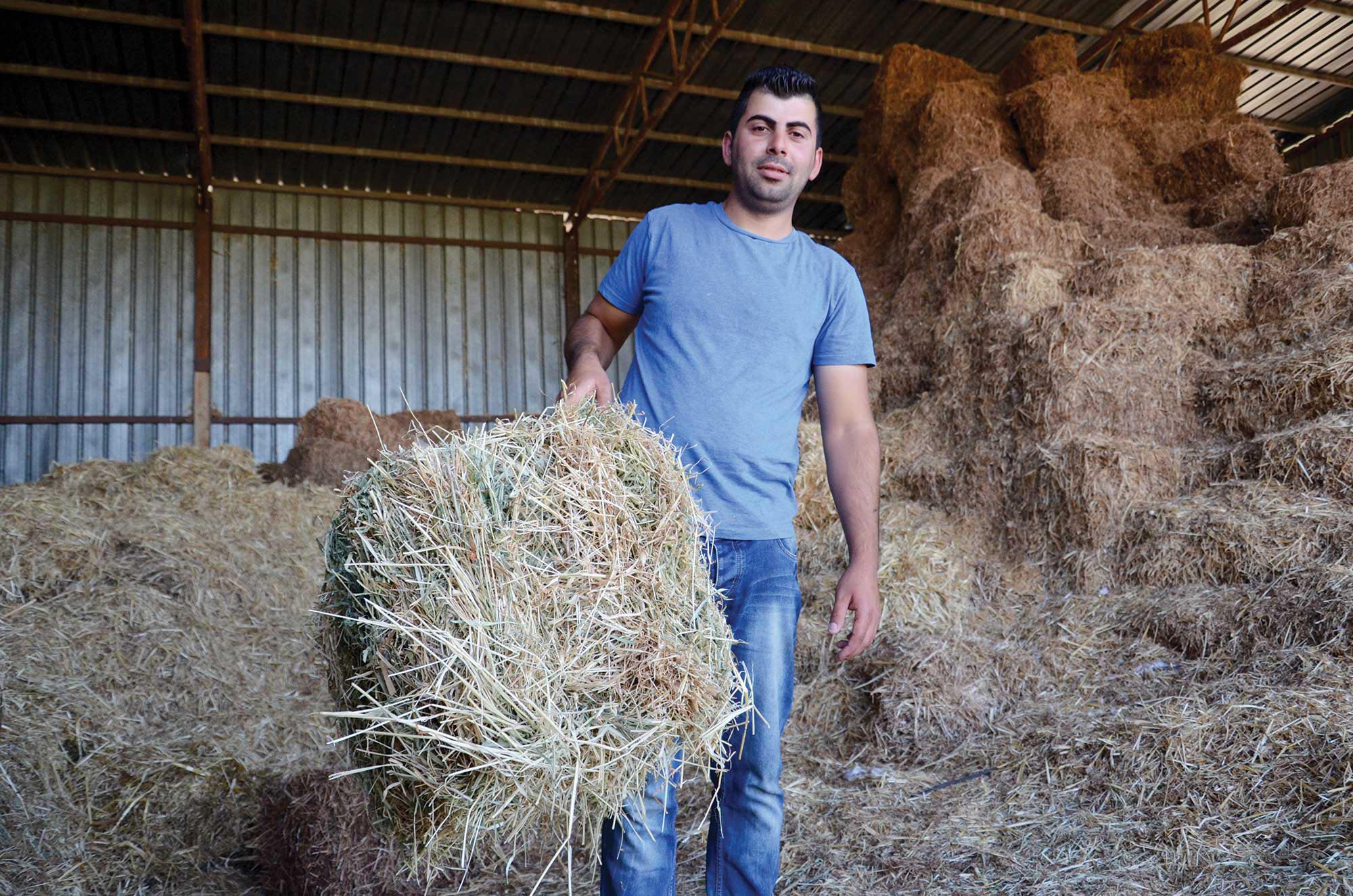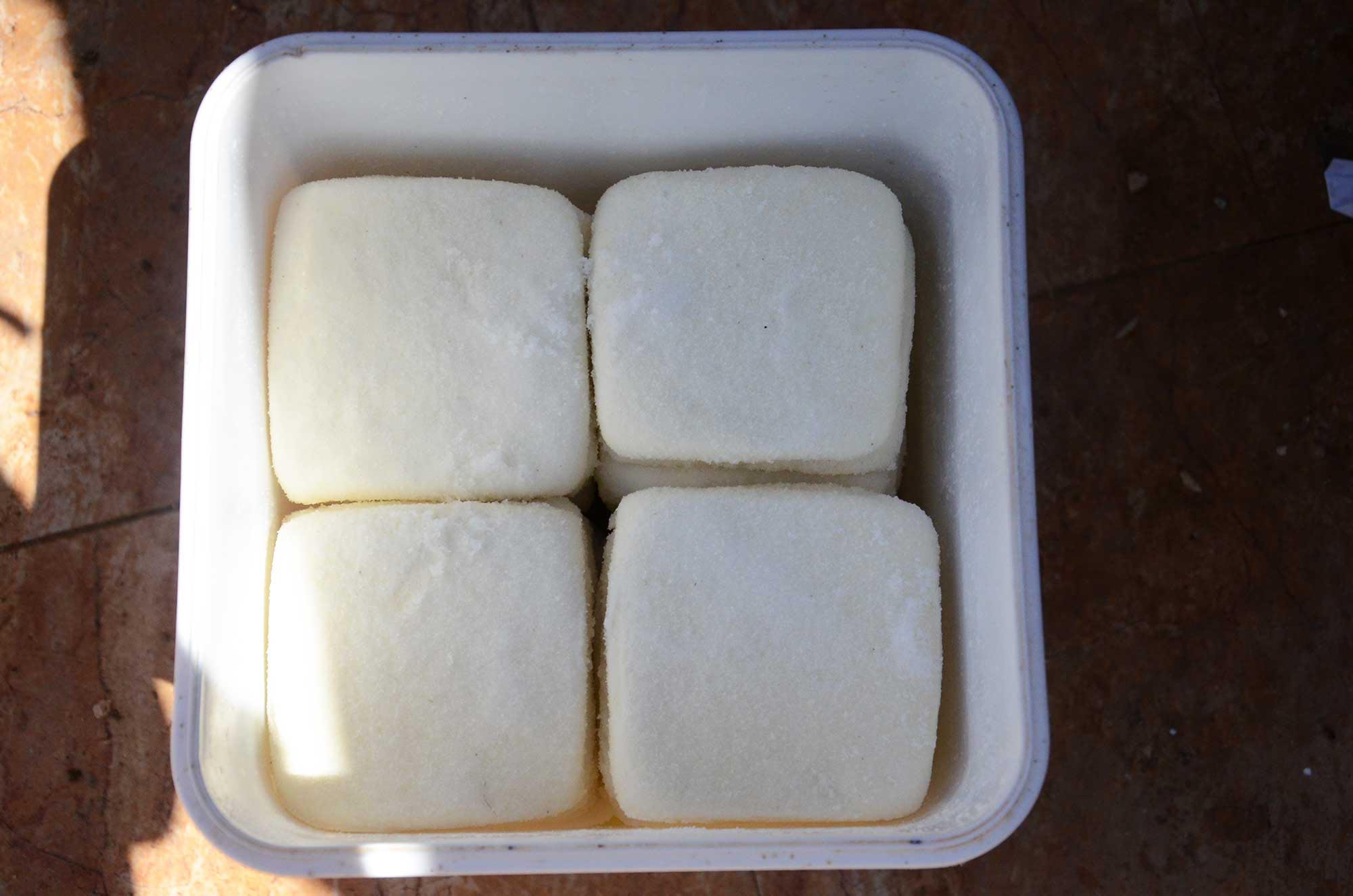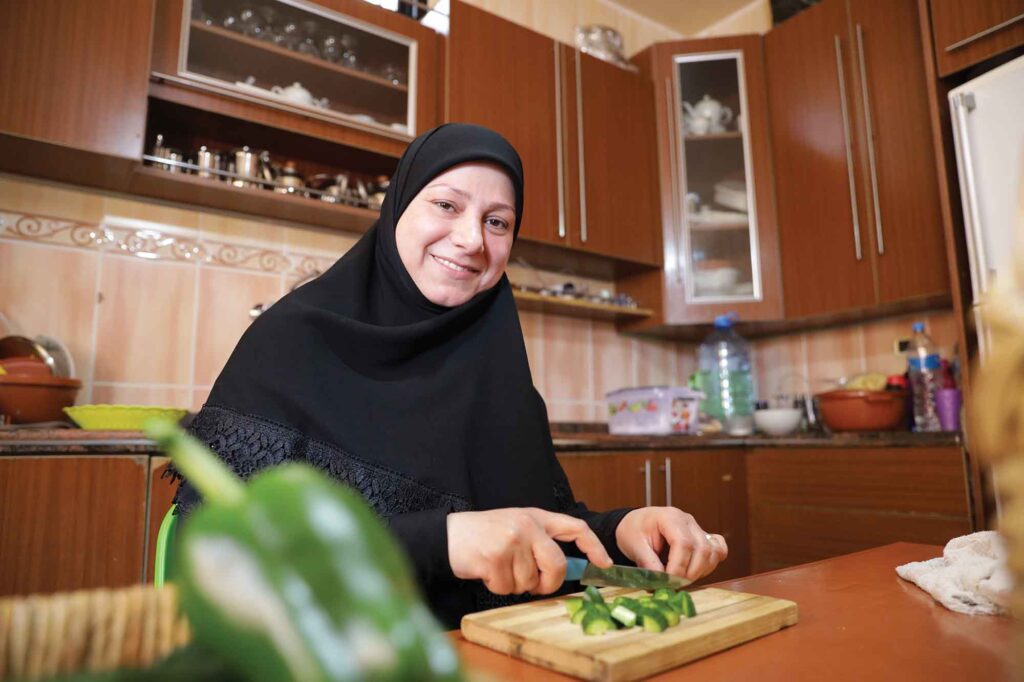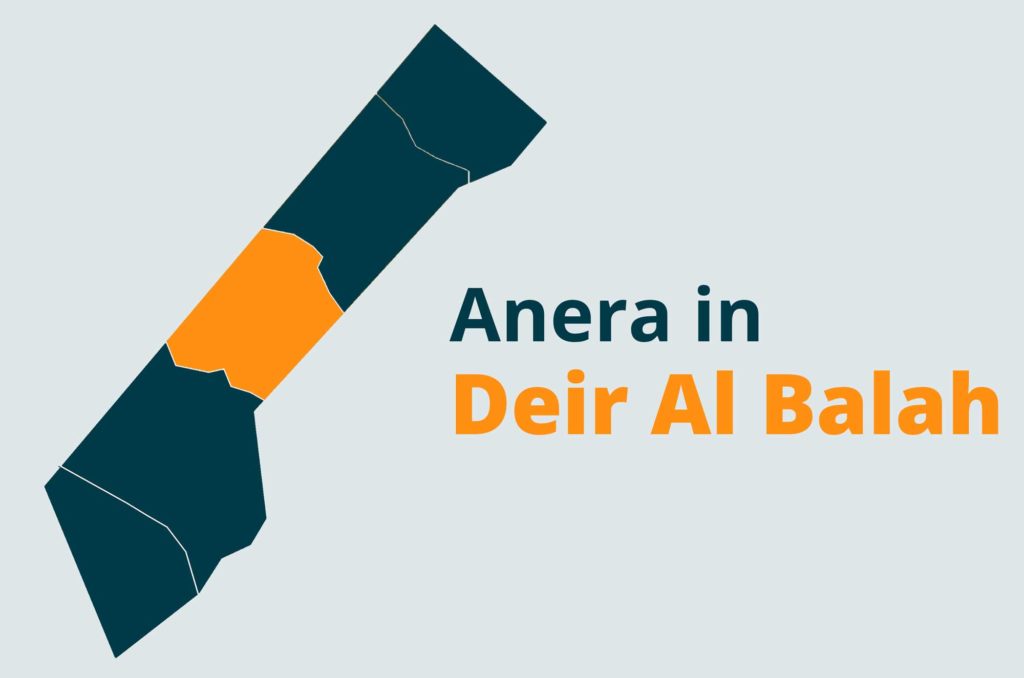Jun, 2016
When West Bank farmer Abu Aysar first found out about Anera’s wastewater treatment work, he was curious but a little unsure
He had no one to consult because the project was new to Palestine. So he decided to go to some Anera training sessions he heard about and he made visits to other farmers in the area who are using the wastewater for irrigation to cope with the lack of available Palestinian water resources.
“When I saw that using treated water was making a real difference for other farmers, I got excited about doing it too,” said Abu Aysar. “It seemed very promising and worthwhile.”


“When I saw that using treated water was making a real difference for other farmers, I got excited about doing it too,” said Abu Aysar.


Abu Aysar and one of his brothers, who farm together, joined the newly established farmers’ cooperative, got an irrigation system installed, and planted alfalfa – all part of Anera’s program. Since early November, they have irrigated their 2.5 acres with over a million gallons of treated wastewater.
After the very first alfalfa cut, Abu Aysar was convinced of the project’s profitability. Now, he says, he is optimistic about the future and determined to expand his production.
Limited Palestinian Water Resources to Feed the Herd
Abu Aysar and his brother planted 2.5 acres of alfalfa in November, and saw their first harvest come in after four months of care and anticipation. Now, the brothers are able to harvest the alfalfa every 18-22 days year-round. The warmer the climate, the better the harvest and the easier it is to dry the crop and store it in bales.
One bale of alfalfa provides two to three meals a day for 20 animals. With a herd of 500 sheep, Abu Aysar has always had to work hard to keep them well-fed. The new alfalfa crop has changed everything. Not only can he readily feed all of his sheep, but he has enough alfalfa left over to sell a lot of it to generate income.
Before taking part in Anera’s agriculture project, Abu Aysar made about 500 NIS ($115) selling fodder once a year. With just the first harvest alfalfa, Abu Aysar’s revenue skyrocketed to 8,000 NIS (more than $2,000) – a tremendous profit for his family. Ten more harvests are expected before next winter.


“I want my children to be well-educated and successful. Nothing stands in the way of a successful person and that’s why I’m certain that the future of this land will be in good hands.”


“Abu Aysar has been a role model and motivator for many farmers benefiting from the project,” explained Anera project coordinator Amal Blan. “The secret to Ahmad’s success is his diligence and desire to always learn more. Whatever task we have for him, he is ready. His achievements have been impressive.”
Abu Aysar says his hard work has one life-long goal: educating his seven children.
“I want them to be well-educated and successful. Nothing stands in the way of a successful person and that’s why I’m certain that the future of this land will be in good hands.”


